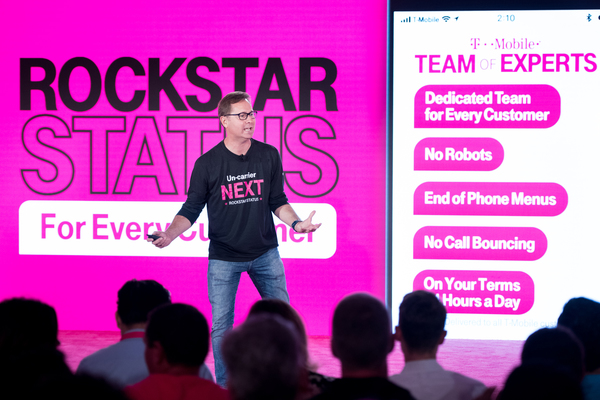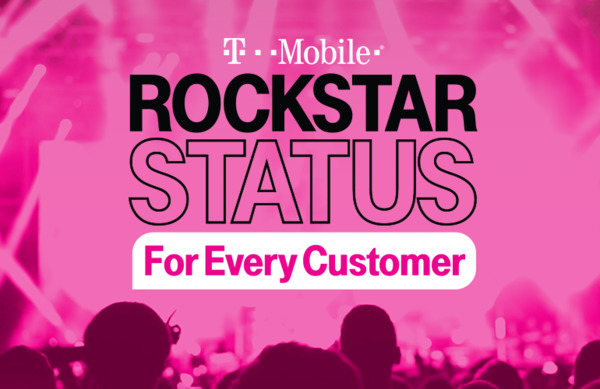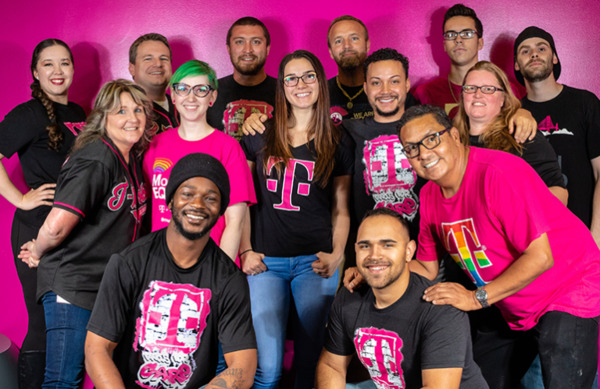
TLDR: T-Mobile has been making waves in the industry with its innovative customer service strategies. Most notably, the company has made collaboration a vital part of its strategy because it understands that technology can only go so far. At some point, human interaction becomes necessary for success.
So What? This approach helps create an exceptional level of loyalty among customers and employees, which ultimately leads to increased revenue growth and business expansion opportunities for years to come! Find out more about how T-Mobile is changing the customer service landscape.
Introduction:
T-Mobile has always been a disrupter in the mobile services industry. And it’s no secret that the company has also shaken up the customer service landscape. T-Mobile’s CEO, John Legere, has even said that “Instead of investing in avoiding customers, we’re investing in serving customers,” which serves as the backbone of their customer service strategy.
One of the ways that T-Mobile has been doing this is by making collaboration a vital part of their customer service process. This means that they rely on customer feedback and input to help shape the customer experience. And it’s been working phenomenally well for them, as they continue to see growth in revenue and customers.
So, what is it about collaboration that has made it such a success for T-Mobile? Let’s take a closer look.
Create a “Team of Experts” for Each Market
While the telecom industry is known for its significant automation, especially in contact centers, T-Mobile has taken a different tack by creating “a Team of Experts (TEX)” for each geographically based customer market. This allows for a more intimate, customized customer service experience.
Simultaneously, this also gives employees a sense of ownership and responsibility for the customer experience. They’re not just following scripts or processes; they’re taking part in shaping the customer’s experience and making it unique to them.

They’re aware of the network status, weather, retail locations, and more, so they can empathize with the customer’s situation and be empowered to take action on behalf of the customer.
This is a stark contrast to the one-size-fits-all, automated customer service that’s often the norm in the telecom industry. And it worked – T-Mobile’s Net Promoter Score (NPS) increased by 60% when the TEX initiative was first implemented in 2016.
If it applies to your business, consider creating TEX teams for each customer market. This will give your customers a more personalized experience, and it’ll also make your employees feel more invested in the company and their work.
Leverage Data and Insights to Inform and Improve Your Customer Experience
T-Mobile always aims for its customer conversations to be more than just transactional. Two elements they particularly care about are humanity and love. They want to make sure that their employees not only feel like they’re providing good customer service but that they’re also connecting with the customer on a personal level.
“We wanna be able to have a conversation where we change the dynamic, and we say to a customer, ‘We are what you want, we have what you need, we fit with your life, and most importantly, we love what you love.’,” said Lisa Hillman, Director of Digital Experience at T-Mobile.

To do this, they leverage data and insights to inform their customer service strategy. For example, they might look at social media data to see what people are talking about in terms of T-Mobile services. This helps them determine which topics to focus on during customer conversations. And it allows them to be more responsive to customer feedback.
If you’re looking for ways to improve your customer experience, consider leveraging data and insights to better understand your customers. This will allow you to create a more personalized experience for them, and it’ll help you be more proactive in addressing any issues they may have.
Make Your Employees Your Mini CEOs
T-Mobile’s TEX teams manage their own P&L statements instead of the standard handle time, schedule adherence, and similar metrics. As a result, they’re not just working towards meeting goals set for them; they’re responsible for the overall customer experience and its success.

In fact, they even take part in quarterly business reviews with senior managers, where they present their findings and recommendations. That incentivizes them to be more innovative and creative in their customer service approach.
If you want to create a customer service strategy that’s truly customer-centric, make your employees your mini-CEOs and give them some level of autonomy. Let them manage their own performance metrics and hold them accountable for the overall customer experience.
Don’t Be Afraid to Experiment
T-Mobile is constantly experimenting with new ways to improve its customer service to the point that it has established itself as the “Un-carrier.” Today, the company is known as one that’s always at the forefront of innovation – including when it comes to customer service.

The team behind T-Mobile is never afraid to go entirely against the status quo and standard industry practices. This has led to some pretty out-of-the-box initiatives, such as the TEX teams. And it’s also what’s helped them stay ahead of the competition in terms of customer service. As John Legere said, “We set out to fix a stupid, broken, arrogant industry.”
Don’t be afraid to experiment with new ways to improve your customer service. You may not always hit it out of the park, but you’ll never know if something will work unless you try it.
Final Thoughts
The concept of collaboration is often overlooked when it comes to customer service. However, T-Mobile has shown that it can be a vital part of a successful strategy.
If you’re looking to improve your customer service, consider implementing a collaboration strategy. This will encourage your employees to work together towards a common goal and help them better understand the customer experience.
And if you need help, we at Media Shower are more than happy to assist you. Contact us today.
